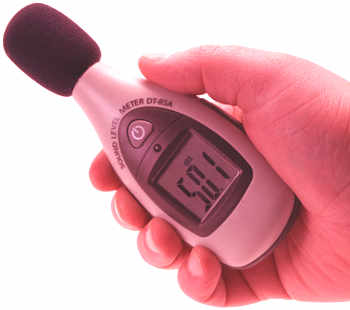I’ve been following the recent posts of Jim Undercofler and Andrew Taylor: Jim’s post, Arts Entrepreneurship — Lack of Imagination, Lack of Chutzpah? was followed up by Andrew’s post, Is Arts Entrepreneurship Training Really Just Career Prep?
So, here’s my tack-on, making for a trio on the subject.
Today, much of the K-12 education debate is being framed by what a student needs to know and be able to do in college and career. What is more, increasingly, educators are looking at continuum of education that is P-16, rather than K-12, meaning Pre-K through undergraduate degree.
If we view college as part of a P-16 continuum, and ask the fundamental question of what an arts college graduate needs to know and be able to do in the 21st century, as opposed to say the 19th century or even 20th century, then, through a backwards mapping approach we could rethink not only arts colleges, but the key relationship between elementary, secondary, and post-secondary education.
In essence, that question should lead to a framing of the sort of outcomes for entrepreneurial training that Jim and Andrew speak of, while providing something even more basic: outcomes that guide the overall educational experience.
Arts degrees, particularly in the performing arts, which comprise the vast majority of activity that Jim Undercofler is concerned about in his entry, has an additional challenge, one that can also draw from advances in K-12, and that is found within the evolving area of Career and Technical Education.
I realized that I will probably get a lot of grief for saying this, but I have often thought that the degrees in the performing arts more closely resembled career and technical education than more purely academic areas. Now, if the term career and technical education it throwing you for a loop, it’s what was formerly known as vocational-technical education, or “Vo-Tech.” My dad graduating from Automotive High School in the late 1930’s–that was a a Vo-Tech high school as opposed to an Academic High School.
While some may resent my associating a degree in instrumental music to a technical degree in let’s say plumbing, as a general and fairly consistent observation over many years, what I have found is that most performing artists, particularly in music, have significantly less interest in any study that is not based in performance. Thus things like music history, music theory, English, and other non-performing- based areas tend to be suffered by the students and given relatively short shrift by the enterprise that is driven by performance-based study.
Now, there are some paradoxes here that cannot be addressed but for a future entry, including the fact that there is a great deal in quality performance-based teaching and learning that could benefit teaching and learning overall in K-12, including the sequential learning, great care and attention to details, the assessment of learning through performance, and more. It’s actually a key to what is needed in other non-arts domains.
I digress.
Even today, with all the so-called entrepreneurship training, I believe that a significant share of what comprises performing arts degree granting programs in post-secondary education mirrors the old fashioned Vo-Tech, the kind that you just don’t see anymore, which is centered in the acquisition of technical skills.
But, today, CTE has moved beyond Vo-Tech, and well beyond the notion that all an auto mechanic needs (see Automotive Service Technician) is technical training. Today’s CTE has a significant academic rigor, a curriculum rich in both internships, externships, and other career development opportunities, a rich connection between school faculty and the “trade” professionals creating a powerful connection between teaching, learning, and real world practices, all of which ultimately strikes an important balance between technical and non-technical skills, including traditional academics. In the world of CTE today it is not enough to be a gifted electrician, you are expected to know Shakespeare.
The evolution of CTE came about through the asking of the key question: what does a student need to know and be able to do in their career. The answer to that question formed the basis for the bringing CTE into the 21st century. It is now being asked, big-time, in the form of what what is college and career read in K-12 education overall, and in particular through the Common Core State Standards.
For pre-professional training programs at specialized arts high schools up through post-secondary arts schools and programs, the fundamental question (what does a graduate need to know…) must be asked and answered in a way that will provide a type of archetype from which a new curriculum and other core architectures of the enterprise can be rethought. From a backwards mapping approach, you can create new designs, pilot new efforts, integrate previously discrete areas, and allow the answer to this fundamental question to guide the development of things like entrepreneurial training.
But, let’s also remember that the fundamental question needs to be pursued honestly, and this means more than simply preparing graduates for the ever-changing world of the professional artist. It needs not only chutzpah, as Jim suggested, but also a commitment to the emmis.To be true to the needs of the students, you must consider that a significant number of graduates from arts colleges will end up in a career outside of their chosen profession within a relatively short time frame. On an ethical and moral basis, that simple fact must be considered, and help form the basis for what is a sound and basic education whether you are a professional artist or ultimately choose another career path.




